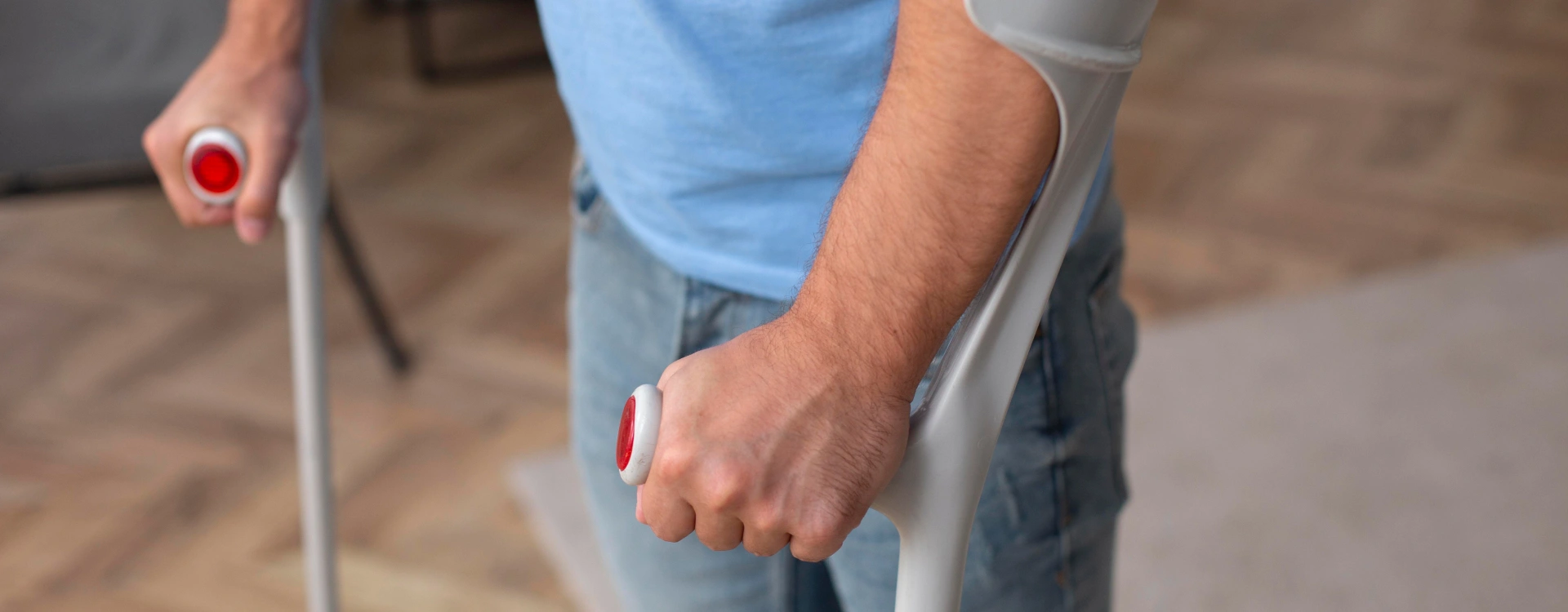Best Paralysis Treatment in Gurugram

Paralysis is a serious condition that affects muscle movement, strength, and mobility, often making daily activities difficult. It can result from stroke, spinal cord injuries, nerve damage, or neurological disorders, leading to partial or complete loss of movement. Without proper treatment, paralysis can cause muscle stiffness, reduced coordination, and long-term disability, making it essential to seek rehabilitation as early as possible.
At Painflame, we provide specialized paralysis treatment in Gurugram, focusing on non-surgical rehabilitation therapies that help restore function and independence. Our comprehensive approach includes physiotherapy, chiropractic care, manual therapy, and neurorehabilitation, targeting muscle activation, nerve stimulation, and gradual mobility restoration.
We also emphasize posture correction, assistive therapy, and long-term rehabilitation strategies to improve overall function. By working on neuromuscular coordination, flexibility, and strength, we help individuals regain control over their movement, reduce complications, and enhance their overall quality of life. Our expert team tailors treatment plans based on each patient’s condition, ensuring safe, progressive recovery that supports long-term well-being.
Common Causes of Paralysis
Stroke
A stroke occurs when blood flow to the brain is blocked, causing brain damage and loss of muscle control. Depending on the severity, paralysis may affect one side of the body (hemiplegia) or both legs (paraplegia).
Spinal Cord Injury
Damage to the spinal cord can lead to partial or complete paralysis, affecting movement and sensation. Injuries from accidents, falls, or trauma often result in quadriplegia or paraplegia.
Nerve Damage & Neuropathy
Certain conditions, like Guillain-Barré syndrome, multiple sclerosis, or diabetic neuropathy, cause nerve inflammation and muscle weakness, leading to paralysis.
Cerebral Palsy & Neurological Disorders
Cerebral palsy and degenerative nerve diseases can cause paralysis in children and adults, affecting muscle coordination, balance, and movement over time.
Paralysis Symptoms – When Should You Seek Expert Help?
Paralysis can be partial or complete, temporary or permanent, depending on the underlying cause. Early intervention is key to improving recovery and regaining movement.
Common Symptoms of Paralysis
- Sudden or gradual loss of muscle function in any part of the body
- Numbness, tingling, or weakness in arms, legs, or face
- Difficulty with coordination, balance, or fine motor skills
- Inability to move specific body parts or loss of voluntary control
Serious Symptoms That Need Urgent Care
- Paralysis following a stroke, accident, or head injury
- Difficulty breathing, swallowing, or speaking
- Loss of bladder or bowel control
- Progressive muscle weakness and shrinking


Effective Paralysis Treatment at Painflame
Finding the right treatment for paralysis is essential for functional recovery and muscle reactivation. At Painflame, our specialists use evidence-based, non-surgical therapies to help patients regain strength, coordination, and independence.
Our Paralysis Treatment Methods
- Physiotherapy & Rehabilitation – Improves muscle strength, mobility, and nerve function.
- Chiropractic Adjustments – Helps with spinal alignment to relieve nerve pressure and support movement.
- Manual Therapy & Muscle Stimulation – Enhances circulation, flexibility, and muscle reactivation.
- Neurorehabilitation & Balance Training – Restores motor function and enhances body coordination.
- Assistive Therapy & Lifestyle Modifications – Teaches adaptive techniques for daily activities.
Our specialists create personalized treatment plans based on the type and severity of paralysis to ensure safe and effective recovery. Book a consultation today to start your rehabilitation journey.
How to Improve Mobility After Paralysis
Regaining movement after paralysis takes time, but consistent therapy and lifestyle changes can improve recovery. Here are some expert-recommended tips to enhance mobility and independence.
Stay Active with Guided Therapy
Engage in targeted exercises and physiotherapy to rebuild muscle function.
Maintain Proper Posture
Keeping the spine aligned reduces nerve pressure and supports movement.
Follow a Balanced Diet
A nutrient-rich diet supports nerve regeneration and muscle recovery.
Use Assistive Devices if Needed
Mobility aids like braces, orthotics, and adaptive tools can enhance daily function.

Frequently Asked Questions
What are the main causes of paralysis?
Paralysis is caused by stroke, spinal cord injuries, nerve damage, multiple sclerosis, or cerebral palsy. Some cases result from neuromuscular diseases or severe infections.
Can paralysis be reversed with treatment?
Recovery depends on the cause and severity. With physiotherapy, chiropractic care, and neurorehabilitation, many patients regain partial or full mobility over time.
How long does it take to recover from paralysis?
Recovery time varies based on individual condition, treatment, and consistency. Some patients see improvements in weeks, while others require long-term rehabilitation.
What is the best non-surgical treatment for paralysis?
Physiotherapy, manual therapy, chiropractic adjustments, and muscle stimulation are effective non-surgical treatments that help restore movement and strength.
How can I support a loved one recovering from paralysis?
Encourage physical therapy, provide emotional support, assist with daily exercises, and ensure proper nutrition to help them regain independence and confidence.

